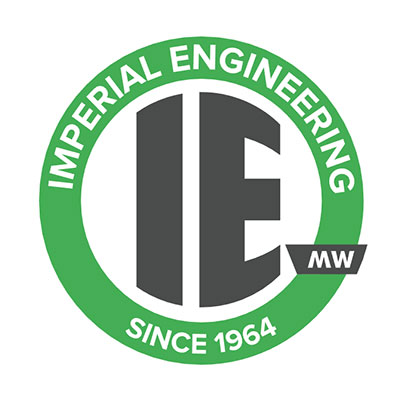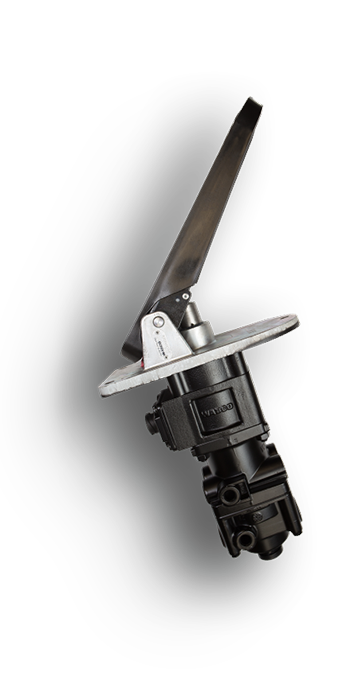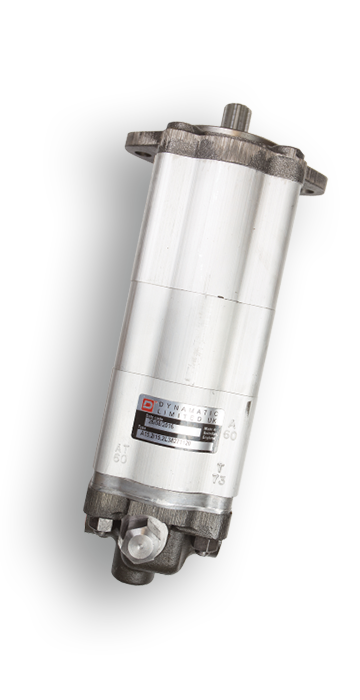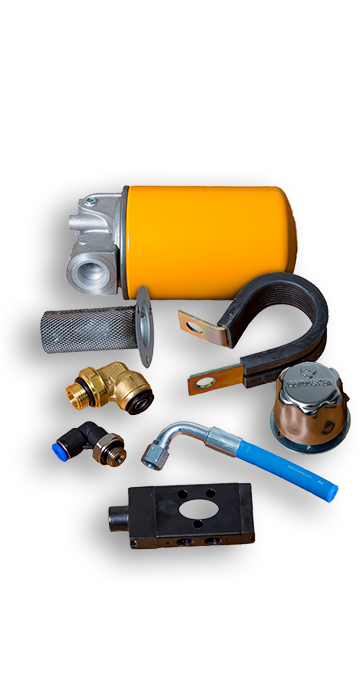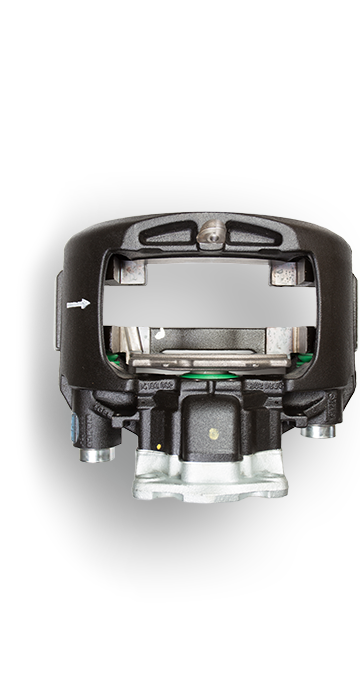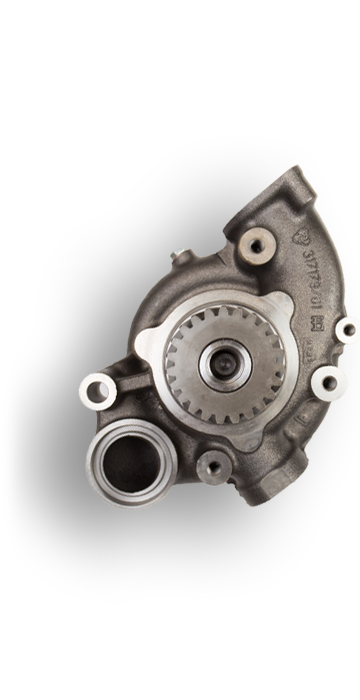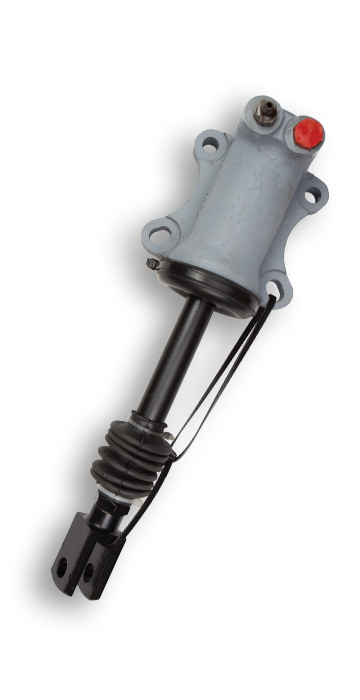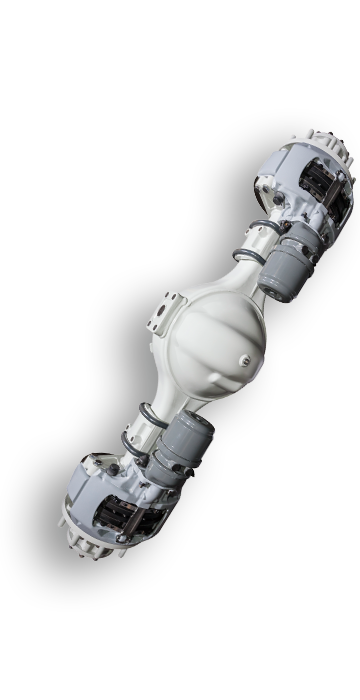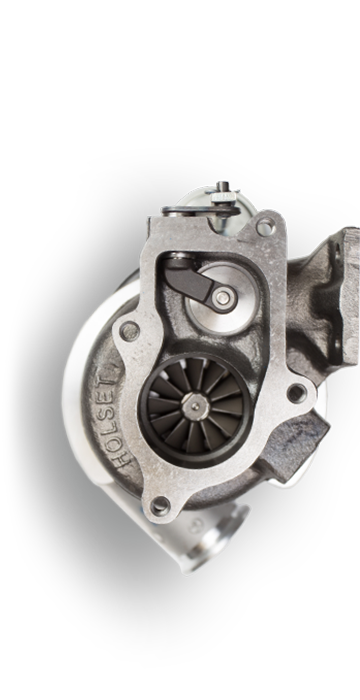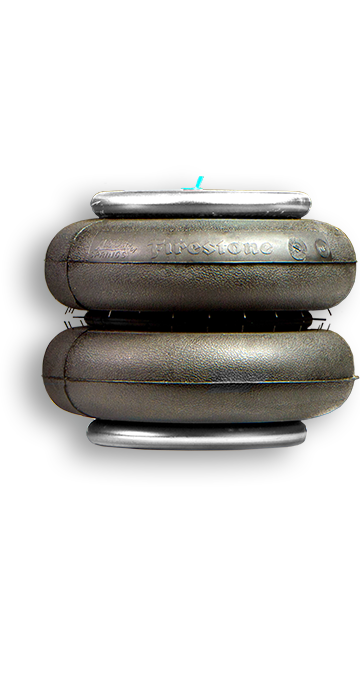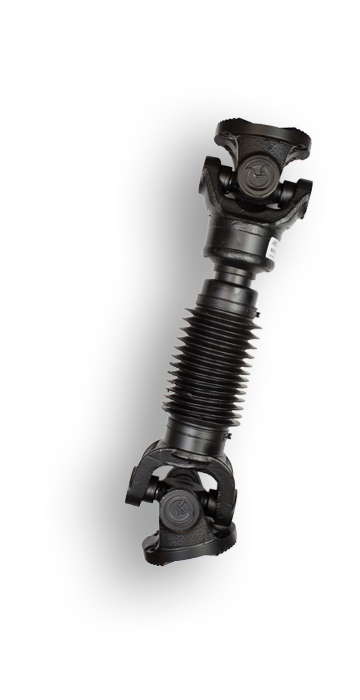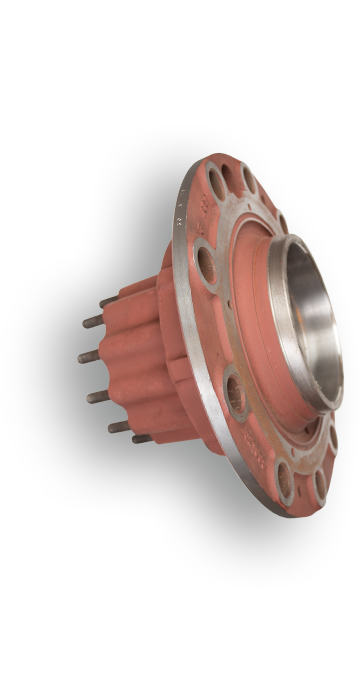Bus engine contamination
Contamination in the high pressure direct injection diesel fuel systems fitted to Euro VI-compliant buses has become a growing issue for bus maintenance managers. Fuel is the most significant contributor to PSV running costs and operators typically use specialist suppliers to manage their fuel supply and ensure that their vehicles are provided with the correct specification of diesel.
This focus on the efficient supply and correct specification fuel is critical, as poor fuel quality is often the root cause of contamination, that can lead to engine faults and component failure. Dirty fuel can lead to a domino-effect of contaminant build-up throughout the powertrain and the emission control system.
Fuel quality
Fuel quality can be affected by various factors including water content and the ingress of particles and bacteria, all of which can impact on the effectiveness and service life of fuel filters, leading to contaminants entering the diesel injection system. Whereas in the past, injection systems may have been more lenient in terms of fuel quality, today’s bus powertrains are precision engineered to increase fuel efficiency through measures such as raising injection pressure to increase fuel atomisation.
Contaminated injectors result in incomplete combustion, with unburnt fuel leading to increased soot formation, which over time can cause increased combustion pressures and reduced exhaust gas temperatures. This may also lead to combustion deposits being forced past the injector seals that create problems in the engine, such as oil contamination, sticking variable geometry turbocharger vanes and inlet manifold contamination. Contamination that gets passed further downstream into the emission control system can also cause damage to selective catalytic reduction (SCR) systems used to reduce harmful nitrous oxide (NOx) emissions, as well as increased diesel particulate filter (DPF) soot loading.
The increasing amount of vegetable oil content in biodiesel can also lead to fuel degrading and attracting water which can cause it to become acidic as the fuel ages. Drawn into the injection system, this can result in corrosion within internal valve and injector surfaces, as well as corroding metal fuel tanks.
While fuel tanks are fitted with breathers that are designed to absorb moisture from the air that is drawn into the tank, it is difficult to suppress the ingress of bacteria from dusty, unfiltered air. As the fuel tank empties during service, the vacuum caused by the displacement of the fuel causes dirty air to be drawn into the tank and the formation of bacterial sludge that requires a tank purge using a biocidal treatment to remove it. Left unchecked and untreated, the bacterial sludge can also be drawn into the injection system and the creation of further contaminants and potentially expensive problems downstream.
As a specialist parts supplier that’s dedicated to the PSV sector, Imperial Engineering has a wealth of technical expertise. We are pleased to support operators with advice and guidance when it comes to sourcing the most appropriate components for their fleets regardless of age and size. These include brand-new OEM and genuine OEM remanufactured turbochargers from manufacturers including BorgWarner, Garrett and Holset, as well as fuel, oil and air filtration technology from Bosch and Mann & Hummel.
